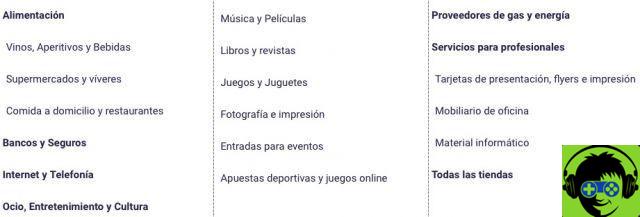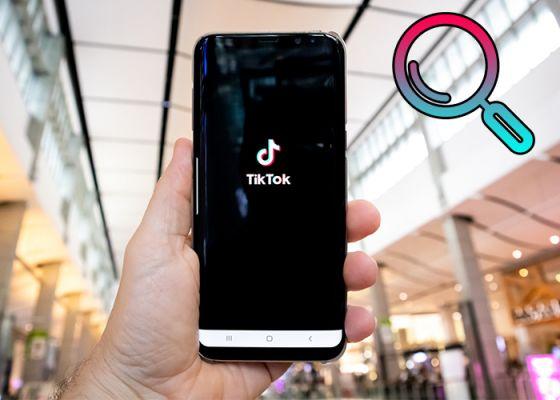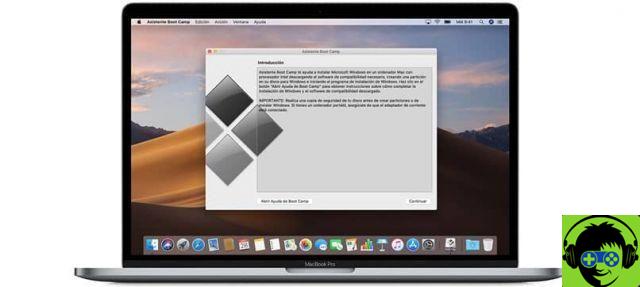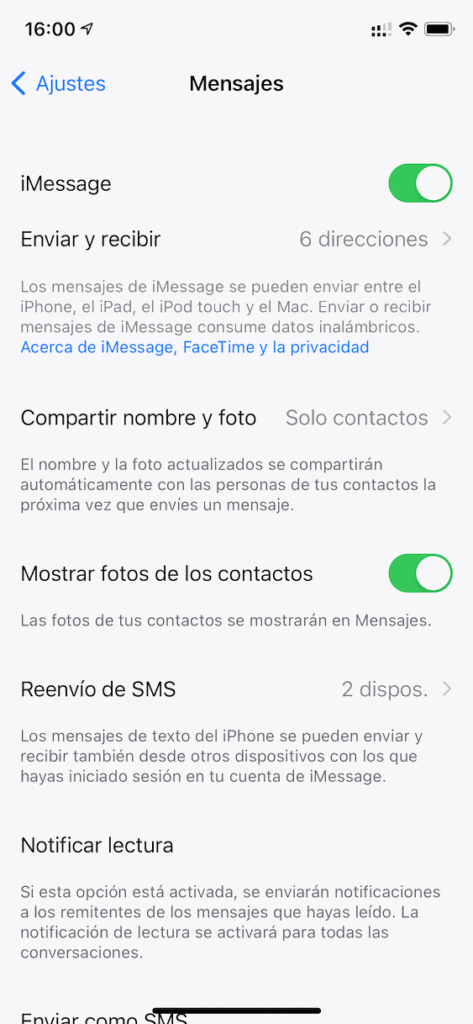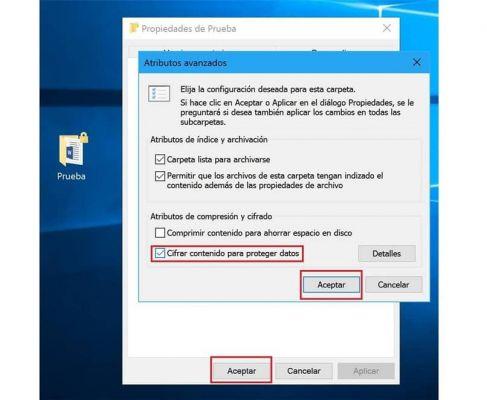There really isn't much of a substantial difference between VoIP and IP telephony, and in fact many IT professionals use the two terms interchangeably.
But some experts argue that VoIP specifically refers to sending voice traffic over an IP network.
In contrast, IP telephony is a broader general term that refers to any telephone-like communications service performed over IP, which can include faxes, text messages, and more.
Additionally, some analysts note that the term IP telephony appears more frequently in a business context, referring to the software and hardware that enable VoIP services, while VoIP is common in both business and consumer environments.
What is IP telephony?
IP telephony encompasses the technologies, products, and services that enable calls, video calling, video conferencing, faxing, messaging, and other telephony-related services using IP packet-switched connections.
This information traditionally travels through the dedicated circuit-switched connections of the public switched telephone network (PSTN), also known as the old simple telephone service.
But IP telephony technology turns calls, faxes and text messages into data packets that travel over the computer's network lines, avoiding PSTN tolls. For this, it is done with a virtual switchboard of companies.
And what is VoIP?

Voice over Internet Protocol, or VoIP, is the set of standardized technologies that offer voice calls over the Internet or over an IP-based private network.
In the strictest interpretation of the term, VoIP is only voice over IP, a subset of IP telephony that does not include other non-voice communication services, such as fax or text messaging.
Advantages of VoIP
Prior to VoIP and IP telephony, the company had to implement and maintain one network for telephone calls and another for Internet access.
With the convergence of voice and data, an organization needs only one network to provide telephone services and LAN connectivity.
The advantages of VoIP and IP telephony include:
- lower costs;
- optimized infrastructure;
- better scalability.
VoIP software, or softphones, also offers users greater mobility by allowing them to make and receive calls through a variety of terminals rather than just landline phones at their desks.
Challenges of IP telephony and VoIP
A business can deploy IP telephony and VoIP services on premises, as a third-party service via the cloud or in a hybrid model.
Regardless, the challenge is to provide the user with voice, fax, video and text packets in a reliable stream, based on Internet connectivity.
A poor network connection can adversely affect call quality, and an interruption usually results in a complete interruption of service. Landline phones, on the other hand, should continue to work even during a general blackout.




